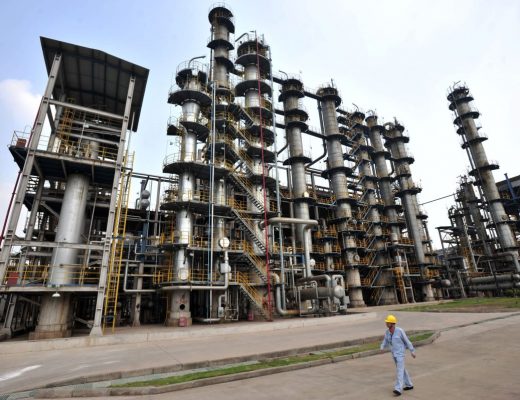German industry struggles to meet requests
German industry declared a record number of orders that need to be fulfilled. According to the analysis, even if the receipt of new orders was stopped, local companies could work fully for about 4.5 months. This situation primarily points to problems with order fulfillment.
For comparison, the average duration of production without new orders is 2.9 months. And this result has been observed for many years.
Experts note the greatest accumulation of orders in the automotive industry, not only among manufacturers of products but also among their suppliers. Here the industry would be able to fulfill the current orders for another 7.4 months without new ones.
In mechanical engineering, this period is 6.5 months and in the data processing sector 6.3 months. The textile industry has the smallest backlog of orders, here within 1.7 months. Difficulties with the fulfillment of orders are due to two factors – high demand, as well as delays in the implementation of tasks. The fact is that German enterprises faced difficulties in implementation due to the lack of a number of necessary products. For example, geopolitical tensions and disruption of supply chains have negatively affected the automotive industry, which feels an acute shortage of cable trunks.
Difficulties with the fulfillment of orders are due to two factors – high demand, as well as delays in the implementation of tasks. The fact is that German enterprises faced difficulties in implementation due to the lack of a number of necessary products. For example, geopolitical tensions and disruption of supply chains have negatively affected the automotive industry, which feels an acute shortage of cable trunks.
According to experts, if the supply situation stabilizes in the next few months, German industrialists will be able to actively fulfill the accumulated orders. Such development would give an excellent impetus to the intensification of the country’s economy. However, analysts predict that the current market situation will most likely worsen and the deficit will grow. This is indicated by the limitation of supplies from China, from which Germany imports about 15% of the total volume of necessary products.
The geopolitical conflict has already had a negative impact on the German economy. Energy and food prices have risen, and inflation continues to rise at record levels. However, so far the situation has not affected GDP. In case of protracted conflict other developments are possible. Analysts point out that there is a risk of the index falling by 2%. The reason for this will be a further rise in prices of raw materials and products, as well as supply chain disruptions and instability in the global trade market. If the geopolitical confrontation continues, we should expect a decline in GDP.
Inflation continues to rise, and its dynamics have already exceeded the previous forecast by 1.5 pps. At the same time, it should be understood that the consequences of this situation will be felt by Germany and other countries until 2024, which means that it is necessary to introduce a number of measures to mitigate the economic decline.










